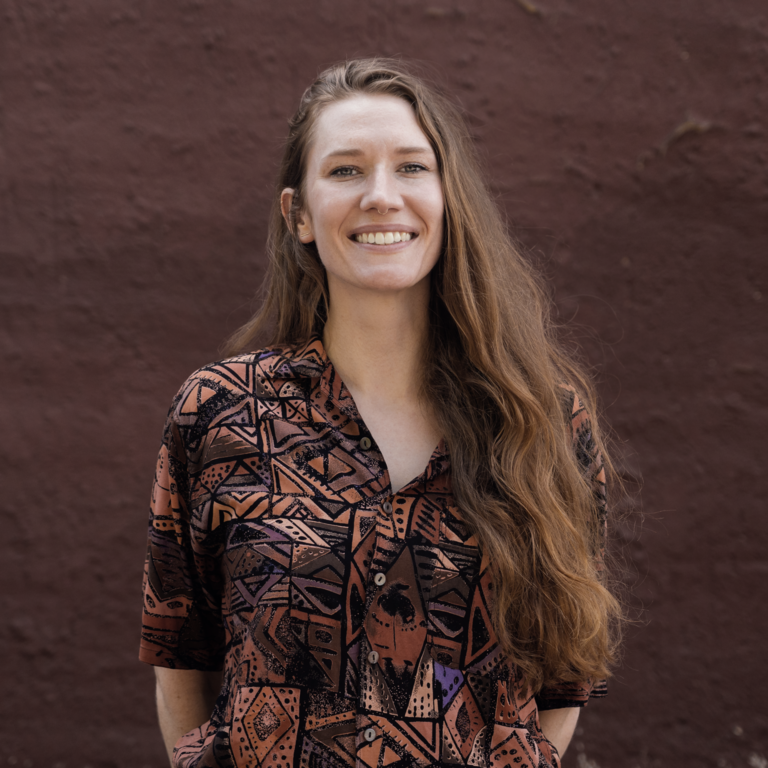Psychologist Maleen Thiele was awarded a Minerva Fast Track position by the Max Planck Society. The young scientist is honored for her promising research in the areas of social attention and learning in infancy and is given the opportunity to set up her first research group at the MPI-EVA in Leipzig.
Studying the Facets of Infant Social Learning
The scientific goal of this group is to investigate the strategies and mechanisms of human social learning in the first years of life. Maleen Thiele and her team are particularly interested in broadening traditional perspectives on social learning in infancy, that have predominantly focused on learning situations involving high levels of infant-directed communication and adult guidance. “We know comparatively little about infants’ learning from others outside infant-directed interaction contexts. It is possible that the social learning repertoire of the infant is much more diverse and flexible than to date documented”, Maleen Thiele motivates her research.
She and her team aim to contribute to a more comprehensive understanding of the phenomenon, by studying a wider range of social learning contexts, including observational learning settings. The methodological focus of the group will be on eye-tracking. The team aims to improve the method for its application in remote field settings and with non-human great apes, and help developing standards for eye-tracking-based research in the domains of comparative and cross-cultural research.
Maleen Thiele got her a master's degree in Psychology from the University of Leipzig before she obtained her PhD at the same University, awarded with the outstanding Dissertation award of the International Congress of Infant Studies (ICIS) in 2022. During her PhD, she conducted parts of her research at the Uppsala Child and Baby Lab at Uppsala University in Sweden. After her PhD, she held a postdoc position at the Max Planck Institute for Evolutionary Anthropology in Leipzig.
The Max Planck Society's Minerva Fast Track Program supports outstanding young female scientists giving them the opportunity of a long-term career planning. The maximum three year funding starts immediately after the dissertation or first postdoc position. In case of a positive evaluation, the scientists can apply then for a Max Planck Research Group / Minerva W2 Research Group.
Contact
Dr. Maleen Thiele
Department of Comparative Cultural Psychology
Max Planck Institute for Evolutionary Anthropology, Leipzig
+49 341 3550-403
maleen_thiele@[>>> Please remove the text! <<<]eva.mpg.de
Sandra Jacob
Press Officer
Max Planck Institute for Evolutionary Anthropology, Leipzig
+49 341 3550-122
jacob@[>>> Please remove the text! <<<]eva.mpg.de
